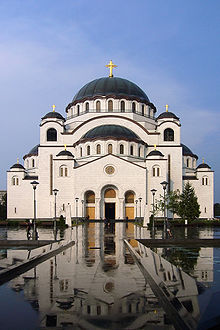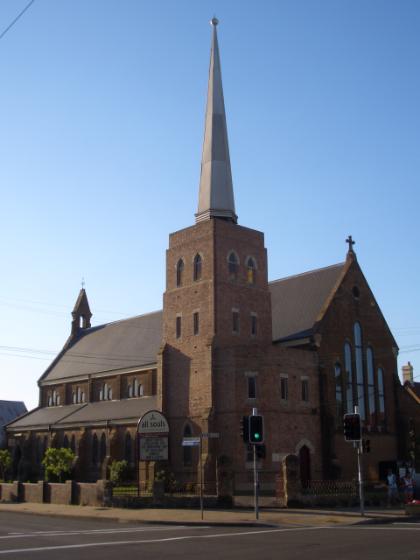Unclear Results
The outcome of procedures will not be known definitively until decades or even a century from now. Also, there are no clear signs on whether or not the patients are potentially viable or not ("Problems").
Limited Support from Sciences
Conflict has risen between cryonics and cryobiology. The Society of Cryobiology has attempted to discourage advancing cryonics. They believe that cryonics is based on theoretical arguments rather than clinical ones because in medicine, technique is studied, varified, and perfected before clinically applying it. However, cryonics has yet to be perfected ("Problems").
Limited Legal Support
According to the Alcor Life Extension Foundation, Cryonics is not explicitly recognized in the laws of any state in the United States However, it does not mean that cryonics is illegal or unregulated. Cryonics must comply with state laws controlling the transport and disposition of human remains, and make arrangements with licensed morticians to insure that those requirements are met. Companies also must complie with federal regulations established by agencies such as OSHA and EPA. In the late 1980s the California Department of Health Services (DHS) asserted that because there was no statutory procedure for becoming a cryonics organization, human remains could not be conveyed to a cryonics organization via the Uniform Anatomical Gift Act (UAGA), and therefore cryonics was illegal. Fortunately, the courts were unimpressed by this argument. In 1992 the legality of cryonics, and the legality of using the UAGA for cryonics, were upheld. Also, In 2004 a bill was passed by the Arizona House of Representatives to place cryonics and cryonics procedures under the regulation of the state funeral board.
Limited Medical Support
Cryonics is not an accepted or recognized "therapy" in the general medical community. To the average medical professional, cryonics is at best an unusual anatomical donation. At worst it can be viewed by some physicians as fraud upon their patient. Hospitals have sometimes deliberately delayed pronouncement of legal death, delayed release of patients, or forbade the use of cryonics life support equipment or medications within their facilities ("Problems").
Religion Controversy on Assisted Reproduction
Roman Catholic Church does not accept IVF, ET, surrogate mothers, and embryo cryopreservation. It offers its respect and protection to the human being starting with its first seconds of existence; it considers the zygote, pre-embryo, embryo and fetus as persons and strongly disapproves research on embryos, cryopreservation and abortion ("IVF").
  Anglican Church allows assisted reproductive techniques, IVF and ET, and allows the doctors to use sperm obtained after masturbation, however it forbids gametes donation ("IVF"). |  Hinduism agrees with most of the assisted reproduction techniques, but it demands that the oocyte and the sperm used in the procedure to come from a married couple, and it also accepts sperm donation but sets the condition that the donor be a close relative of the infertile husband ("IVF").
 Buddhism allows the use of IVF without restricting the access to this medical procedure to the married couples, sperm donation is also permitted ("IVF").
Assisted Reproduction |